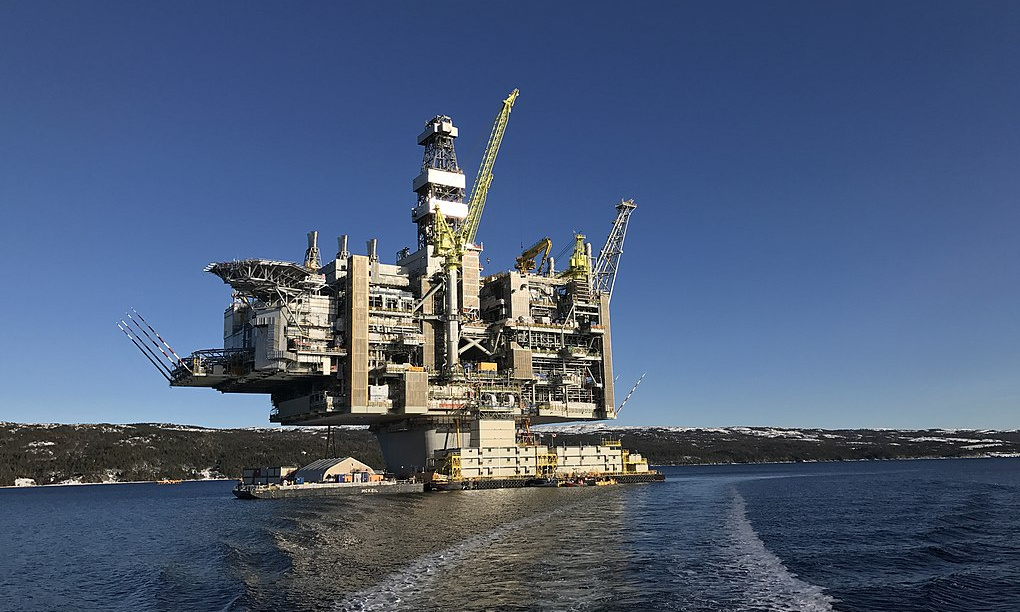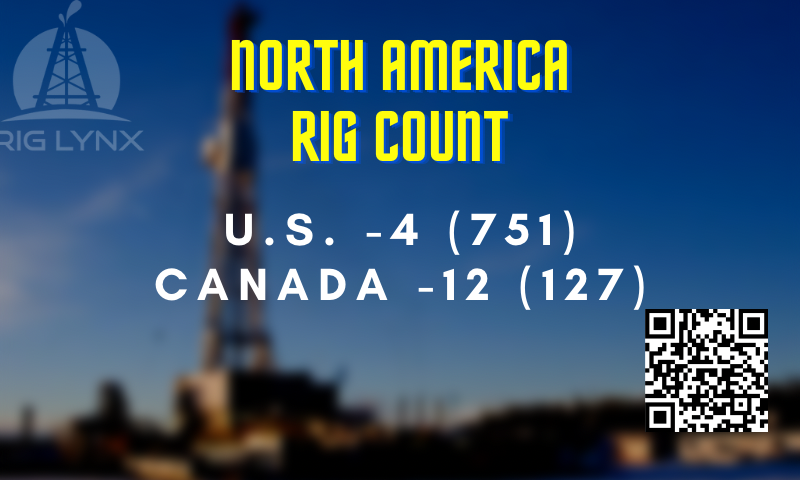
It’s a recipe for an oil and gas bonanza.Â
Start with the staggering 52 billion barrels of oil and 200 trillion cubic feet of gas estimated under the seafloor.Â
Add a dozen of the world’s biggest oil and gas companies, up to a hundred exploratory wells over the coming decade and the potential for jobs galore. Â
The result is a nearly $4-billion race to find the next big energy project off the coast of Newfoundland and Labrador.Â
In a province struggling with a declining population and massive public debt, the offshore potential of Canada’s easternmost province could kickstart a fiscal revolution. Â
Yet with mounting concerns over climate change and calls to leave fossil fuels in the ground, the development of Newfoundland’s energy sector is contentious. Â
For some, plans to increase hydrocarbon production even as scientists sound the alarm over global warming, sea level rise and extreme weather events is indefensible. Â
“We’ve known for years that we need a managed decline of fossil fuel production in order to remain below 1.5 C of warming and avoid the worst impacts of climate change,†said Jordy Thomson, marine science and conservation co-ordinator with the Ecology Action Centre in Halifax.
“We need a just transition to a green economy for workers, and plans to extract large oil and gas reserves in Atlantic Canada’s offshore will make our collective problems worse.â€
Yet others point to rising global demand for oil and gas. They argue that continued development — with the appropriate environmental protections in place — can be part of a sustainable transition to a cleaner economy. Â
“The reality is worldwide demand for oil is still expected to increase for the next two decades and then taper off,†Paul Barnes with the Canadian Association of Petroleum Producers said in an interview from St. John’s.Â
“It won’t go down to zero right away.â€Â
Despite the controversy, plans to develop Newfoundland’s offshore continue unabated. Â
Oil and gas companies are expected to launch 10 exploration programs over the coming years. Several exploratory wells will be drilled this year, with up to a 100 expected over the decade.Â
The frenzy is likely to see some Newfoundland workers, long accustomed to travelling to other provinces for work, have their pick of jobs closer to home. Â
Up to 7,500 people could be directly employed in the offshore by 2030, according to a 2018 provincial government report. Rosier projections that include supply and service sector spin-off jobs peg the potential for jobs even higher.Â
The province is attracting the giants of the energy industry. By 2021, ExxonMobil Canada, Chevron Canada, Equinor Canada and China National Offshore Oil Corp. (CNOOC) have committed to spending $1.7 billion.Â
By 2022, BP Canada, Navitas Petroleum, CNOOC and Husky Energy have committed to spending $763 million, and by 2024, BHP Canada, Equinor and Suncor Energy plan to spend about $1.4 billion on exploration. Â
But Barnes cautions that until a large discovery is made, it’s unclear what the offshore industry will look like in a decade.Â
“There’s quite a bit of excitement and activity in Newfoundland’s offshore,†Barnes said. “But you’ve got to discover something. This is all money to be spent exploring.â€Â
About one and 10 exploration wells worldwide hits an oil field that’s big enough to make production worthwhile. Â
But the odds are better in Newfoundland. About one in seven exploratory wells have been successful, Barnes said.
Newfoundland has had a succesful offshore for years, with four producing oil fields: Hibernia, Terra Nova, White Rose and Hebron.Â
Yet the search for the next big oil project has led companies increasingly further from shore into deeper, colder waters.Â
Much of Newfoundland’s offshore success has been in the Jeanne D’Arc Basin. But new exploration plans are aimed further east at the Flemish Pass Basin.Â
“Over the next several years we’re expecting to see a flurry of activity there,†Barnes said, adding that the big oil and gas players planning to explore the deeper waters have experience around the world in similar conditions. Â
Newfoundland’s natural resources minister said the province is encouraging exploration to ensure the continued development of its resources.  Â
“We will continue to position the province as an internationally preferred location for oil and gas exploration and development — one that values safety and environmental responsibility and maximizes benefits to the people of the province,†Siobhan Coady said in a statement. Â
Source: The Telegram
Check out our other current stories!



